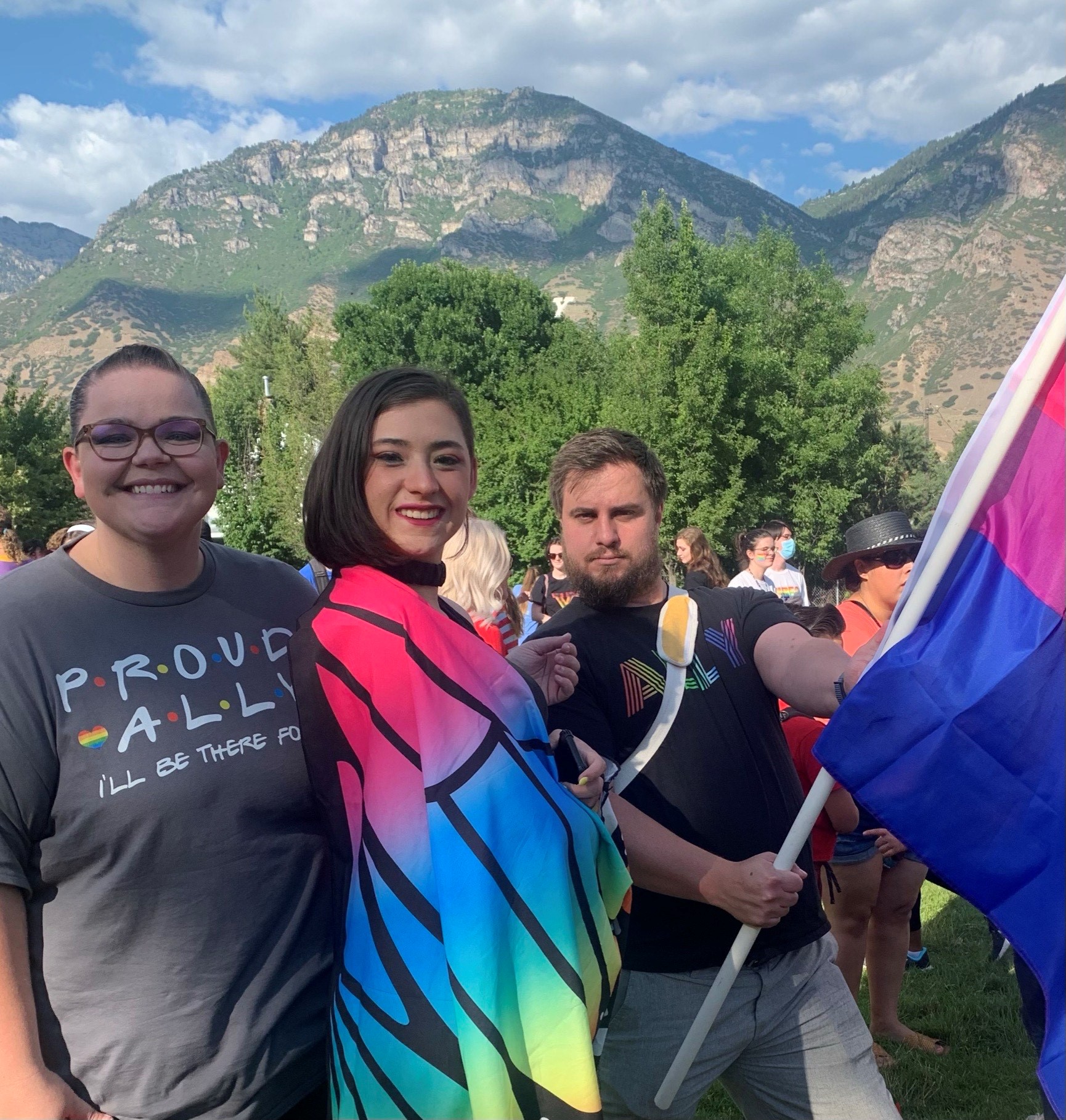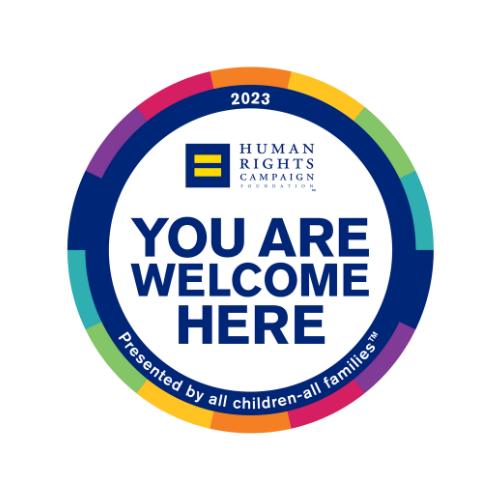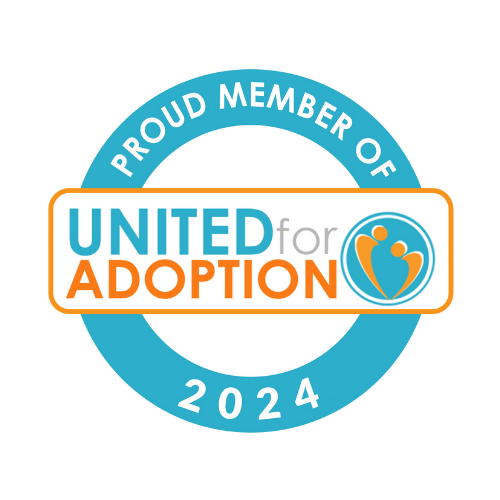An increasing number of LGBTQ+ children and teens in Utah are in need of affirming foster homes. Imagine sharing an important part of yourself with someone, not knowing if you will be accepted. What does a validating response look like? What would help you feel safe?

We all want affirmation in our lives, to be accepted as our authentic selves. For LGBTQ+ youth in foster care, that affirmation is essential. These youth have been removed from their home, due to abuse or neglect and placed in foster care, while their families work toward reunification. Foster homes provide security during uncertain times. LGBTQ+ youth face the additional uncertainty of placement in an affirming foster home.
LGBTQ+ youth are over-represented in foster care at 30%, vs. 11% of youth in the general population. They are at higher risk for homelessness and twice as likely to experience depression, suicidal ideation, and abuse than their non-LGBTQ+ peers.
We meet with hundreds of potential foster families every year and ask them how comfortable they would be caring for a child who identifies as LGBTQ+. Overwhelmingly, the most common response is, “I would like to do that – but I am not sure how!”
Utah foster parents Suzie and Ryan say they relied on their existing love for their adoptive daughter Ashley when she came out at age 17.
“We tried to say all the right things,” says Suzie. “But we said some things wrong due to a lack of education”.
Suzie humbled herself and reached out to LGBTQ+ resources. She recommends asking open ended questions, expressing love, and apologizing as needed. She says their family continues to learn and grow together with Ashley, who recently graduated from Snow College.
“For parents, this is brand new information, coming from a child who has been thinking about it for years. It’s important to trust that they know more about themselves than we do.”
Affirmation does not demand we share religious or cultural practices. It does not diminish the identity of either person. Rather it builds the path to understanding, compassion, and unity. After all, we do not need to be alike to be part of a community of love and acceptance. Join the conversation on building an affirming home at Utah Foster Care’s virtual event, Tuesday, June 28th at 7PM – LGBTQ Families – to register, go to https://us06web.zoom.us/webinar/register/WN_ZCd9PQZYTVWKwJLgNi-SCQ.
More than 2100 children across Utah are in foster care because of abuse and neglect. The need for new foster parents is ongoing.





